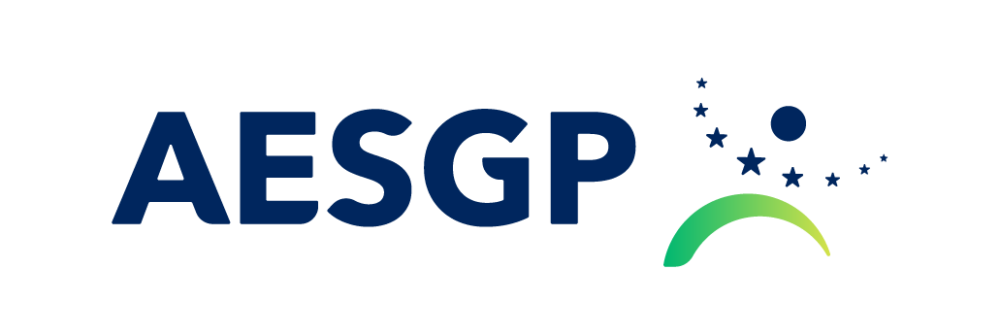Brussels, 10 July 2025 — The Association of the European Self-Care Industry (AESGP) has formally submitted a request to the General Court of the European Union to intervene in EFPIA’s legal action (Case T-158/25) against the Urban Wastewater Treatment Directive (UWWTD).
AESGP’s request outlines its representativeness of the self-care sector, the legal and economic interests of its members in the case and the broader implications for the functioning of the EU’s healthcare and pharmaceutical markets. AESGP’s request also reflects its members’ significant concerns about the UWWTD’s disproportionate financial burden on the pharmaceutical sector and its flawed application of the polluter-pays principle.
While the European Commission’s commitment to updating its cost analysis and sectoral impact of the Extended Producer Responsibility (EPR) schemes as part of the Water Resilience Strategy has been a welcome development, AESGP’s decision to seek legal intervention underscores the need to fully address the shortcomings in the Directive’s assessment and implementation.
Jurate Svarcaite, Director General of AESGP, said: “We have decided to take a supportive stance on EFPIA’s case because the Directive, as adopted, raises fundamental concerns. It places a disproportionate burden on many of our members without reflecting the broader sources of micropollutants. Our request is about defending principles of proportionality, non-discrimination and legal certainty at the heart of EU law, as well as continued patient access to affordable medicines.”
Substantive legal arguments from AESGP will follow if leave to intervene is granted.
AESGP will continue to advocate for a science-based, balanced and proportionate approach to the implementation of the UWWTD that protects both public health and the environment – while ensuring the viability of Europe’s self-care sector.
